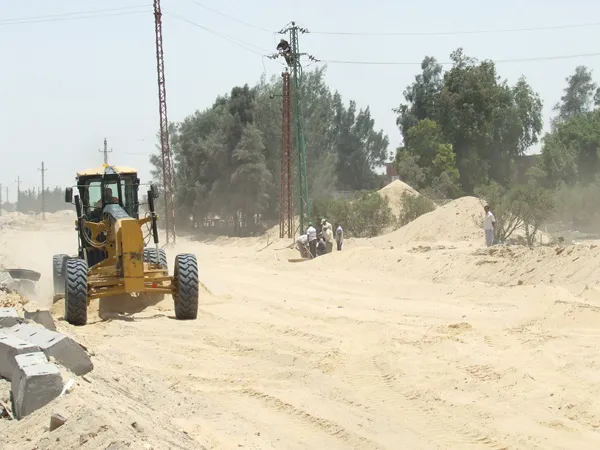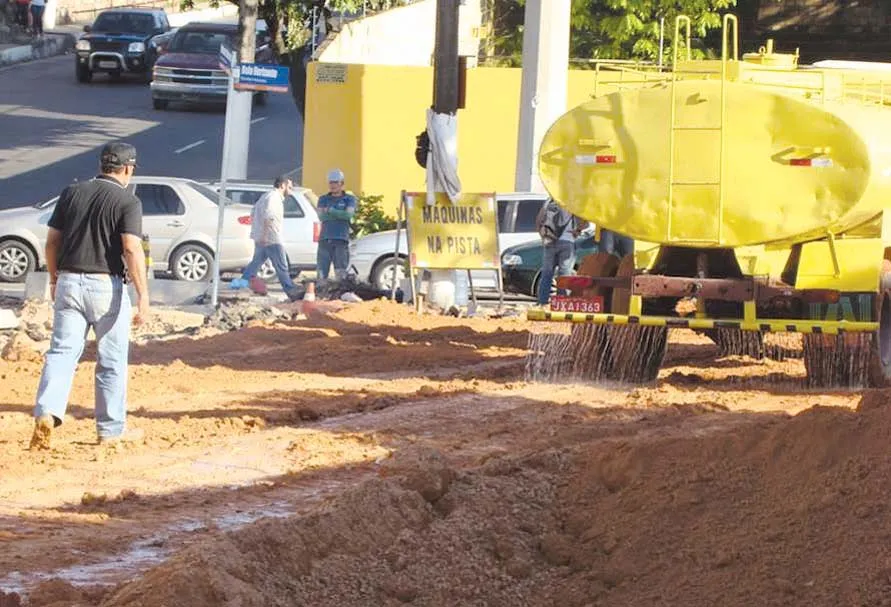UK company Bituchem hopes to capitalise on the growing need for road repairs with its proven FortSeal product. Developed in the US, it is said to offer an inexpensive method for repairing and sealing road surfaces. The fast-setting emulsion system can be used to cover small cracks and surface voids, as well as reducing surface brittleness and tackling ravelling.
February 15, 2012
Read time: 2 mins

UK company Bituchem hopes to capitalise on the growing need for road repairs with its proven FortSeal product. Developed in the US, it is said to offer an inexpensive method for repairing and sealing road surfaces. The fast-setting emulsion system can be used to cover small cracks and surface voids, as well as reducing surface brittleness and tackling ravelling.
As an emulsion product, FortSeal can be spread with conventional surface dressings by tack coat equipment. It can be used to seal an asphalt surface from water penetration and is said to easily flow into cracks and surface voids due to its low viscosity, and according to Bituchem using FortSeal can quadruple the life of a road surface.
Roger Lord,1327 Bituchem Group's managing director, said: "The idea is that it maintains the road at its present condition and will last 3-5 years and then can be applied again.
"With the current constraints on spending, it gives us a chance to look at new maintenance processes," said Lord.
FortSeal can be sprayed on a road, which will then be ready for use in 30 minutes or so. If a section of road needing a repair is closed at night when traffic volumes are low, it can easily be ready for use by morning to carry peak traffic loads.
As an emulsion product, FortSeal can be spread with conventional surface dressings by tack coat equipment. It can be used to seal an asphalt surface from water penetration and is said to easily flow into cracks and surface voids due to its low viscosity, and according to Bituchem using FortSeal can quadruple the life of a road surface.
Roger Lord,
"With the current constraints on spending, it gives us a chance to look at new maintenance processes," said Lord.
FortSeal can be sprayed on a road, which will then be ready for use in 30 minutes or so. If a section of road needing a repair is closed at night when traffic volumes are low, it can easily be ready for use by morning to carry peak traffic loads.









